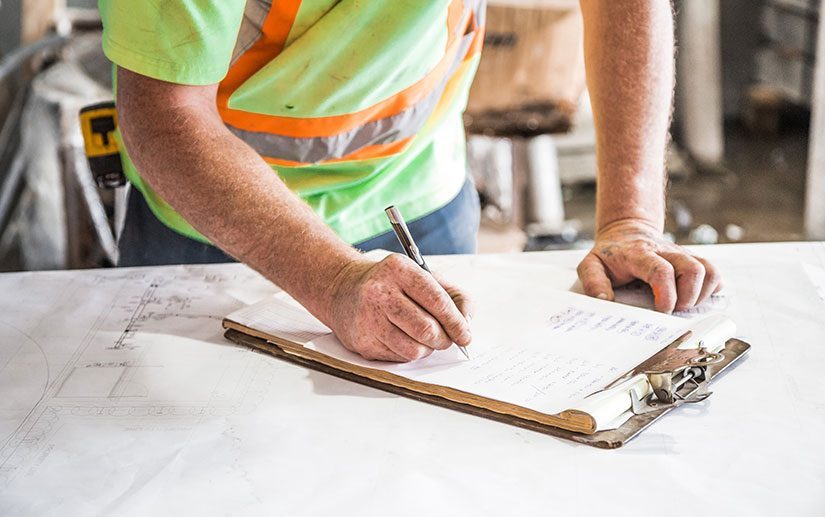There are countless factors that go into making a construction project run smoothly, but perhaps the most important aspect is having a strong project manager overseeing the process. One of Bobbitt’s project managers weighs in on the attributes of a good project manager.
Project managers in construction oversee the building process from start to finish working closely with architects and engineers during plan development, establishing schedules and milestones, estimating or reviewing project pricing, hiring the subcontractor team, and supporting their on-site staff. Their job is to make sure the project is completed on time and on budget.
Over the years, I have had the opportunity and privilege to work with and mentor many young project managers. Some have excelled and moved on to handling multi-million-dollar projects, some have done an adequate job but stayed stagnant, and still others have hopped from company to company due to the inability to develop and master their skills.
While it is true that aptitude, attitude, motivation, drive, the willingness to work hard and “do what you need to do,” caring about your work, and helping others around you are all characteristics of any productive person, there are things that outstanding project managers should master. After 35+ years in the construction industry, I’m convinced the three most important characteristics of being a successful project manager are ORGANIZATION, COMMUNICATION and TECHNICAL COMPETENCY.
Organization
If a project manager is not organized, he or she will fail at whatever they attempt to do. Without organization, they will get lost in the details, stuck in the weeds or overwhelmed while the important things go unattended. The individual will also fail to inspire those who work with or alongside them. This is true not only in construction but in any industry where project management plays a vital role. An unorganized person cannot be a high producer and will not go far in their career. They must explore and learn what behaviors and techniques make and keep them organized.
Our project managers at Bobbitt are focused on establishing and maintaining an organized approach to each project. We utilize calendars and reminders to stay on task, keep “to do” lists and update them daily, actively manage and respond to emails, and create and update project schedules so the team stays focused. We also utilize PROCORE construction management software for project workflow. A strong project manager will do whatever it takes to stay organized.
Communication
Learning how to read people and speaking to them in ways that inspire active listening and understanding are critical skills for a project manager. Our role in a construction project requires that we work with owners, architects, engineers, subcontractors and vendors, and not all parties “speak the same language.” They are all different individuals with different motivations, personalities, likes and dislikes, knowledge levels and styles of communicating.
Bobbitt project managers strive to connect with people on a personal level; asking questions and getting to know our clients, subcontractors and laborers on each job site. If an issue arises, we start by listening, as good communication demands as much in the way of listening as it does of talking. By listening, evaluating and understanding the other person’s position and their priorities, conflict and matters of importance can be resolved more quickly so as not to impact the project.
Technical Competency
There is a lot to learn in construction. One can spend a lifetime in the industry and still not have it all figured out. There is conventional steel, engineered structural systems, post-tensioned concrete, CMU bearing, structural metal studs, heavy timber construction, and a hundred other means and methods to build a building. Things change rapidly in today’s world, and there are constant innovations in safety, products, techniques and technology. It’s a continual learning process. Therefore, Bobbitt emphasizes continuous learning and training for its project managers to stay at the top of their field.
As a developer or building owner evaluating firms proficient in design-build, construction management or general contracting, it’s important to understand the role of your project manager and learn about their experience and capabilities. Place a high value on these three key characteristics – organization, communication and technical competency – and your project will be well positioned for success.
Tim Murphy is a Senior Project Manager at Bobbitt Design Build.


